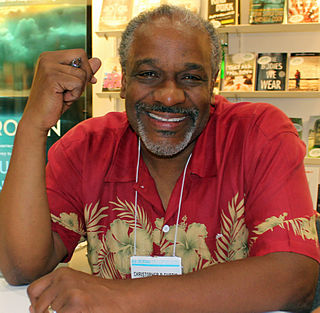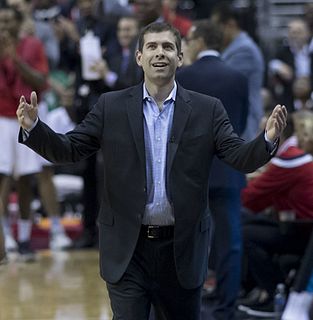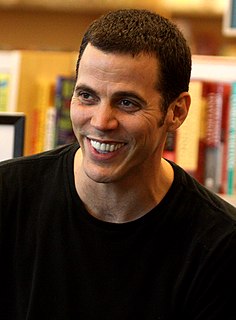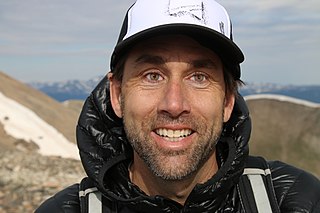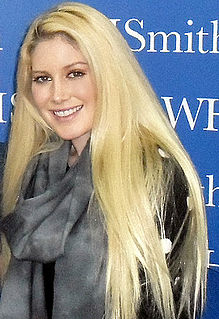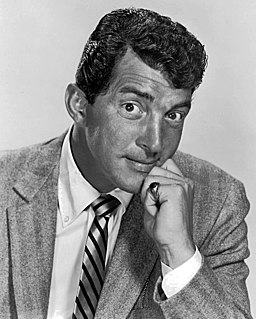A Quote by Kevin Young
People sometimes say hoaxes are about the blurry line between nonfiction and fiction. I just don't think it's a blurry line at all.
Related Quotes
There's an old adage of, 'This is what I do, it's not who I am.' There is a line that gets blurry at times because you sometimes become your work, or you sometimes put so much into your work that you can't separate from it. It swallows you up. It really happens during the season and it's a difficult line to manage.
Kids are growing up and they don't know the difference between fact and fiction. The line is getting blurry. I can handle it, you know; I'm a big boy. And the entertainment industry has always been crazy. But the problem is, it spills over into some very serious issues, in politics and real newsworthy stuff.
I think, about the distinction between fiction and nonfiction. Fiction is not really about anything: it is what it is. But nonfiction - and you see this particularly with something like the BBC Samuel Johnson Prize for Non-Fiction - nonfiction we define in relation to what it's about. So, Stalingrad by Antony Beevor. It's "about" Stalingrad. Or, here's a book by Claire Tomalin: it's "about" Charles Dickens.
As a writer, you're always trying to say the best thing. You're always thinking about what's the best thing to say, and what's the hardest way to say it, and what's the best line? Sometimes the best line is the simplest line. Sometimes the best line is the line that evokes more feeling than actual wordsmithing.



